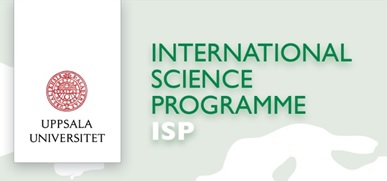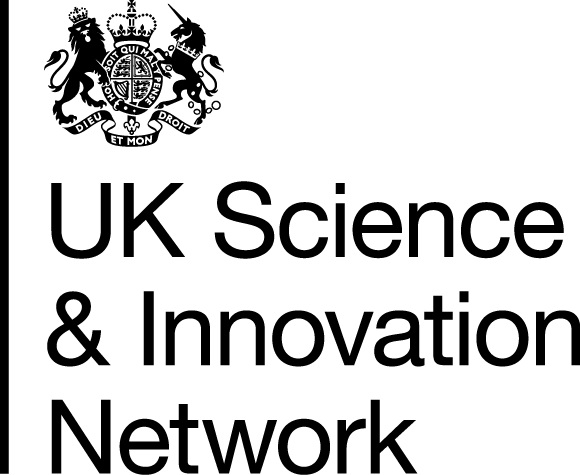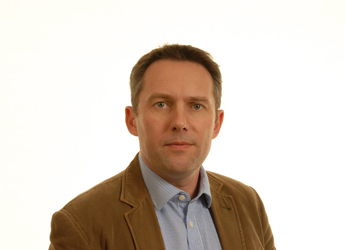 Richard Allan, The James Hutton Institute, Dundee, United Kingdom
Richard Allan, The James Hutton Institute, Dundee, United Kingdom
Richard Allan is Head of the Centre of Expertise for Waters Research in Scotland (CREW) and a senior research fellow in sustainable water systems at the James Hutton Institute. CREW leads on policy focused research in the area of Water. The research agenda focuses on four main themes; Drinking Water Quality; Flood Risk Management; Catchment Management and Sustainable Rural Communities. In the first 5 year program CREW successfully delivered over 90 high impact projects that inform policy. CREW also delivers the Hydro Nation Scholars Program which currently has a cohort of 17 PhD students embedded in Scottish Universities covering water law, infrastructure, Asset management, catchment management and resource efficiency. Prior to this, Richard was previously the Chief Scientist at Scottish Water and then latterly Managing Director of Scottish Water Horizons and was responsible for delivering sustainable renewable energy for Scottish Water through wind, hydro, solar and waste recycling projects along with providing a range of other services. Richard has 24 years’ experience in industry and current holds the Chair of the Strategic Advisory Board: Environment at CEN. His PhD is in Risk Analysis and is focused on risk management performance of utilities.
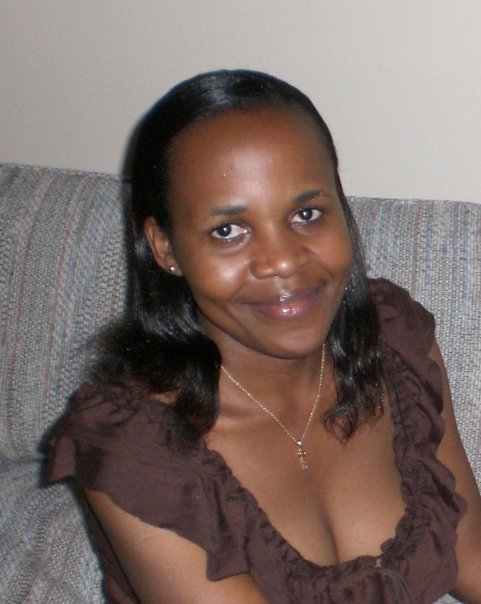 Jacent Asiimwe, Makerere University, Uganda
Jacent Asiimwe, Makerere University, Uganda
Jacent Kamuntu Asiimwe holds a doctorate degree from the Royal College of Surgeons in Ireland (RCSI) and is currently the project coordinator of the Princess Haya Foundation grant Project in Nakasongola Uganda. The project aims at using primary school children as community change agents for the adoption and use of Solar Disinfection (SODIS) as a household water treatment technology. The project stemmed from Dr. Asiimwe’s doctoral research findings in Makondo Uganda, which showed that school children were effective agents for community adoption and uptake of SODIS. The research also showed that SODIS led to a significant drop of diarrheal episodes among school children hence reduced absenteeism from school in addition to other social and economic benefits.
Jacent also holds a graduate degree in Food and Nutrition Sciences from the University of Wisconsin-Stout, USA. She is a strong advocate for improved maternal infant and young child nutrition in Uganda. She has held various teaching positions in Makerere and Kyambogo universities and is interested in the integration of Water Sanitation and Hygiene (WASH) as a core intervention to improve nutritional status of individuals especially children under 5 years.
Dr. Asiimwe lives in Kampala with her husband and two children.
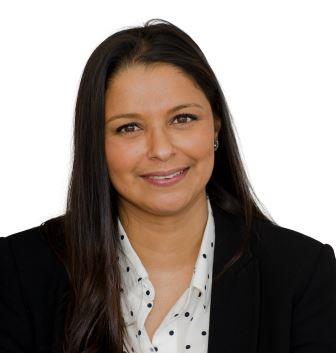 Wesaal Khan, University of Stellenbosch, South Africa
Wesaal Khan, University of Stellenbosch, South Africa
Wesaal Khan completed her PhD in Microbiology at Stellenbosch University as part of a collaboration with the Stadtwerke Düsseldorf (Germany), where she was based for two years. She was subsequently employed by the Cape Peninsula University of Technology (CPUT) and in 2007 she was promoted to Associate Professor and Head of the Biotechnology programme. In 2007 she was also affiliated with North Carolina Agricultural and Technical University in Greensboro, USA, as a guest lecturer and visiting scientist. Wesaal is currently employed in the Department of Microbiology at Stellenbosch University as a Senior Lecturer. Through grants from the Water Research Commission and the National Research Foundation, Wesaal and her research team implement beneficial water treatment system initiatives in urban, informal settlements, by utilising the natural resources, rainwater and solar energy.
Since 2007, seven master’s and two doctoral students have successfully completed their studies under her supervision and she currently supervises three doctoral and four master’s students. Wesaal and her research group (CPUT and Stellenbosch) have presented over 50 papers and posters at national and international conferences and the findings of her research have been published in two book chapters and 25 peer reviewed scientific articles. In acknowledgement of her contribution to building South Africa’s scientific and research knowledge base, Wesaal was awarded the 2015 First Runner-up Distinguished Young Woman Scientist (Life Sciences) South African Women in Science Award (DST).
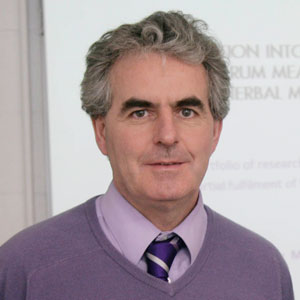 Graham Mills, University of Portsmouth, United Kingdom
Graham Mills, University of Portsmouth, United Kingdom
Graham obtained a BSc in chemical engineering (1979) and later a PhD (1983) in mechanical engineering at the University of Southampton. He then spent a short time in industry before returning to Southampton to undertake post-doctoral research in the area of analytical chemistry. In 1990 he was appointed a Senior Lecturer in Applied Chemistry at Portsmouth and was subsequently promoted to a Principal Lecturer and then a Reader. Since 2008 he has held a personal chair in Environmental Chemistry at the School of Pharmacy and Biomedical Sciences. He is also the Course Manager for the Professional Doctorate Programme in the Faculty of Science.
Graham’s research main interest is the development of chromatographic and spectrometric techniques for the analysis environmental pollutants. Recently he has been involved in the development of novel passive sampling methods for monitoring pollutants in the aquatic environment. He is the co-inventor of the Chemcatcher® passive sampler. Graham has been involved in a number of international projects concerning water quality and monitoring. He has supervised several doctoral students on this topic and published and presented his work widely.
Graham is Treasurer of RSC’s Separation Science Group and a committee member of Water Science Forum.
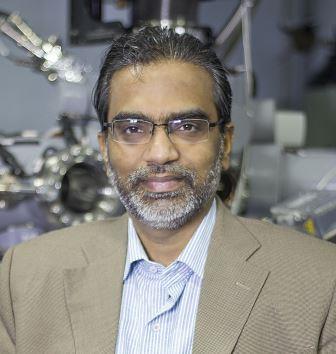 T Pradeep, Indian Institute of Technology Madras, India
T Pradeep, Indian Institute of Technology Madras, India
Thalappil Pradeep is an Institute Professor at the Indian Institute of Technology Madras, Chennai, India. He is also an Institute Chair Professor and Professor of Chemistry. He earned his Ph.D. from the Indian Institute of Science in 1991 and had post doctoral training at the Lawrence Berkeley Laboratory, University of California, Berkeley and Purdue University, West Lafayette. He held visiting positions at many leading universities and institutes in Asia and Europe. Prof. Pradeep’s research interests are in molecular and nanoscale materials and he develops instrumentation for such studies. He has authored over 360 scientific papers in journals and is an inventor of over 65 patents or patent applications. He is involved in the development of affordable technologies for drinking water purification and some of his technologies have been commercialized. His pesticide removal technology has been incorporated in about 1.5 million filters and the technology is estimated to have reached about 7.5 million people. Along with his associates, he has incubated two companies and one of them has a production unit. His arsenic removal technology, which has been approved for national implementation, has reached about 400,000 people already and is expected to reach one million people soon. He is a recipient of several awards including the Shanti Swaroop Bhatnagar Prize, BM Birla Science Prize, National Award for Nanoscience and Nanotechnology, India Nanotech Innovation Award and JC Bose National Fellowship. He is an adjunct professor at the Institute of Life Sciences, Ahmedabad University, Ahmedabad, PSG Institute of Advanced Studies, Coimbatore and is also a member of the Graduate Faculty of Purdue University, USA. He is a Fellow of the Indian National Science Academy, Indian Academy of Sciences, Indian National Academy of Engineering, National Academy of Sciences (India) and Royal Society of Chemistry. He is the author of the introductory textbook, Nano: The Essentials (McGraw-Hill) and is one of the authors of the monograph, Nanofluids (Wiley-Interscience) and an advanced textbook, A Textbook of Nanoscience and Nanotechnology (McGraw-Hill). He is on the editorial boards of journals such as Nano Reviews, ACS Applied Materials & Interfaces, Particle, Surface Innovations, Chemistry-An Asian Journal, Nanoscale and Scientific Reports and is an associate editor of the American Chemical Society Journal, ACS Sustainable Chemistry & Engineering. His science has been featured by Scientific American, CNN, The Guardian (UK), C&E News, New Scientist, and many others apart from the national media. His other interests include education, popularization of science and development of advanced teaching aids. He has authored a few popular science books in Malayalam and is the recipient of Kerala Sahitya Academi Award for knowledge literature for the year 2010. In 2015, he received the Lifetime Achievement Research Award of IIT Madras.
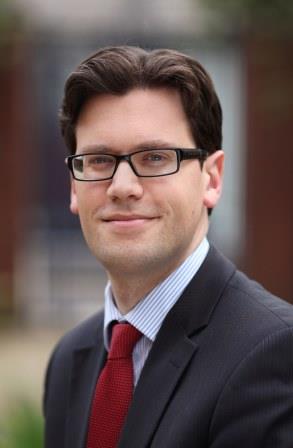 Michael Templeton, Imperial College London, United Kingdom
Michael Templeton, Imperial College London, United Kingdom
Dr Michael Templeton is a chartered civil engineer and Reader in Public Health Engineering in the Department of Civil and Environmental Engineering at Imperial College London. He holds a bachelor's degree in engineering science and a PhD in civil-environmental engineering, both from the University of Toronto. His research focuses on the occurrence and control of chemical and biological contaminants in water, innovative water treatment processes, and effective water supply and sanitation interventions in low-income countries.
Dr Templeton is a member of the Water Quality and Health Technical Advisory Group of the World Health Organization, the chair of the Water Supply and Quality Panel of the UK Chartered Institution of Water and Environmental Management, and a member of the Water Expert Panel of the UK Institution of Civil Engineers. He serves on the editorial boards of several journals, including the Royal Society of Chemistry’s Environmental Science: Water Research and Technology.
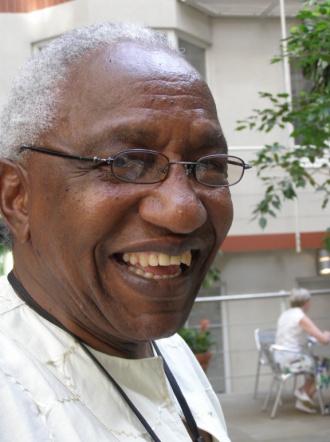 Shem Wandiga, University of Nairobi, Kenya
Shem Wandiga, University of Nairobi, Kenya
Professor Shem Wandiga is professor of Chemistry at the University of Nairobi. He is Chancellor of Egerton University and Ag. Director of the Institute for Climate Change and Adaptation at the University of Nairobi. He has a PhD from Case Western Reserve University, USA. He was Deputy Vice Chancellor (Administration and Finance, 1987-1994) University of Nairobi. He was appointed Co-coordinator Policy and Planning Task Group, Ministry of Education. He helped negotiate and manage a US$60 million credit for Kenya government. He was elected as Kenya’s representative to the Executive Board of UNESCO (1995-199, President of the External Relations and Program Commission of the Board, member of the General Committee and the Advisory Committee on Environment of the International Council of Science (ICSU). Fellow: World Innovation Foundation; IUPAC Fellow and past chair: Kenya Chemical Society. Member: The International Jury UNESCO Kalinga prize for the popularization of science; past member of the Jury, L’Oreal-UNESCO Award for women, Condensed Matter Science (Physics and Chemistry); UNESCO’s International Basic Sciences Programme (IBSP) board. Professor Wandiga is an author of a large number of publications in scientific and educational fields and has chaired several national committees on university education. He has also been a consultant on World Bank, UNESCO and UNEP projects undertaken in Kenya and Eastern Africa. He is the author of 110 papers, 81 conference presentations, 24 books and chapters in books, 11 public lectures at international conferences, 10 government reports and 14 consultancy reports and has chaired several national committees on university education and been a consultant on World Bank, UNESCO and UNEP projects undertaken in Kenya and Eastern Africa. In recognition of his work on pesticides, he was awarded a certificate by the Ministry of Environment and Natural resources. He has trained many students at Masters and PhD levels. He was awarded Elder of the Burning Spear (EBS) by the President of Kenya and the UNESCO medal for the promotion and development of nanoscience and nanotechnology in 2015.
-
Peter Blenkiron
GSK, United Kingdom
-
Chris Buckley
University of KwaZulu-Natal, South Africa
-
Seifu Kebede
Addis Ababa Uniniversity, Ethiopia
-
Negussie Megersa
Addis Ababa University, Ethiopia
-
Cecilia Oman
International Science Programme, Sweden
-
Peter Sundin
Uppsala University, Sweden
-
Feleke Zewge
Addis Ababa University, Ethiopia











